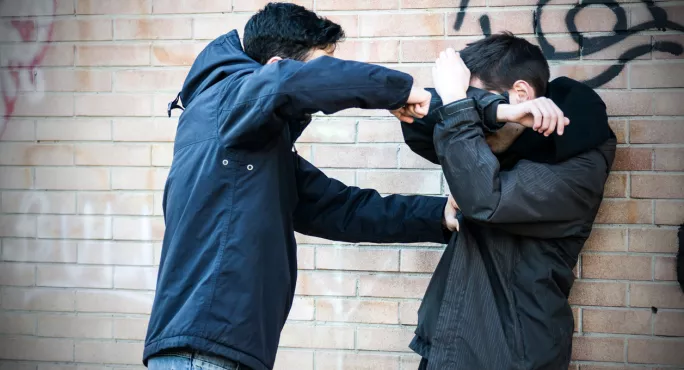Children returning to school have been having more fall-outs with fellow pupils after lockdown, and some have struggled to get back into routines after late-night video gaming, MPs have been told.
Headteachers talked of their responses to a series of challenges this term after months of school closures, including a greater need for pastoral support and a focus on pupils’ reading development.
Lockdown: 69% of teachers see Covid behaviour slump
Exclusive: Third of teachers say they are disciplining pupils for not following Covid rules
Behaviour: Teachers could see rise in poor behaviour as pupils cope with Covid trauma, MPs told
Joanne Ormond, head of Maryport Junior School in Cumbria, told the Commons Work and Pensions Select Committee that she had also seen a rise in the number of children starting nursery and Reception who were not potty trained.
Coronavirus: The impact of lockdown on pupil behaviour
“It is pulling staff away from the learning in that effect,” she said.
Ms Ormond told MPs: “We would normally maybe have one or two children who are still in nappies or pull-ups when they start our nursery. But this year we have got about between 12 and 15 who are not regularly using the toilet correctly.”
She added that pupils had struggled to get back into the school routine after spending long periods on video games during lockdown.
“I think a lot of them, their bedtimes had been disrupted so they weren’t going to bed until quite late. There was a lot of children who had been spending many, many hours gaming, and [for us it is] sort of getting them out of that habit,” Ms Ormond said.
Kathryn Hobbs, head of David Nieper Academy, a secondary school in Alfreton, Derbyshire, added that students had “got out of the habit” of social situations when they returned to school in September.
“We have noticed more falling out and a lack of ability to resolve issues promptly, which has required more staff intervention,” she told MPs.
Ben Levinson, head of Kensington Primary School in Newham, East London, added that pupils’ learning of phonics had been affected by months of remote learning.
He told MPs: “For most of our parents, the teaching of that is not something that’s easy to pick up. It’s not something that’s easy to deliver, so they have fallen behind there.”
Mr Levison said he does not believe government support goes far enough to address concerns about left-behind pupils, adding that the winter package would only make “a small difference”.
He said: “I think that there will still be families who fall through the gaps. We’re in a really challenging time for everybody and so you know there’s always going to be those families who really struggle.”
Anne Longfield, the children’s commissioner for England, told MPs: “Children have fared disproportionately badly if they were living in poverty before and during the pandemic. And, of course, there is more now who are in poverty because of the change in finance.
“I think what we’re seeing at the moment is because schools are now having to get back, of course, to the day job, if you like, the teaching and children in school - there is a gap here of children who are falling through because they aren’t, you know, in crisis enough to get the help from the council in social services terms but they still do need help.”
